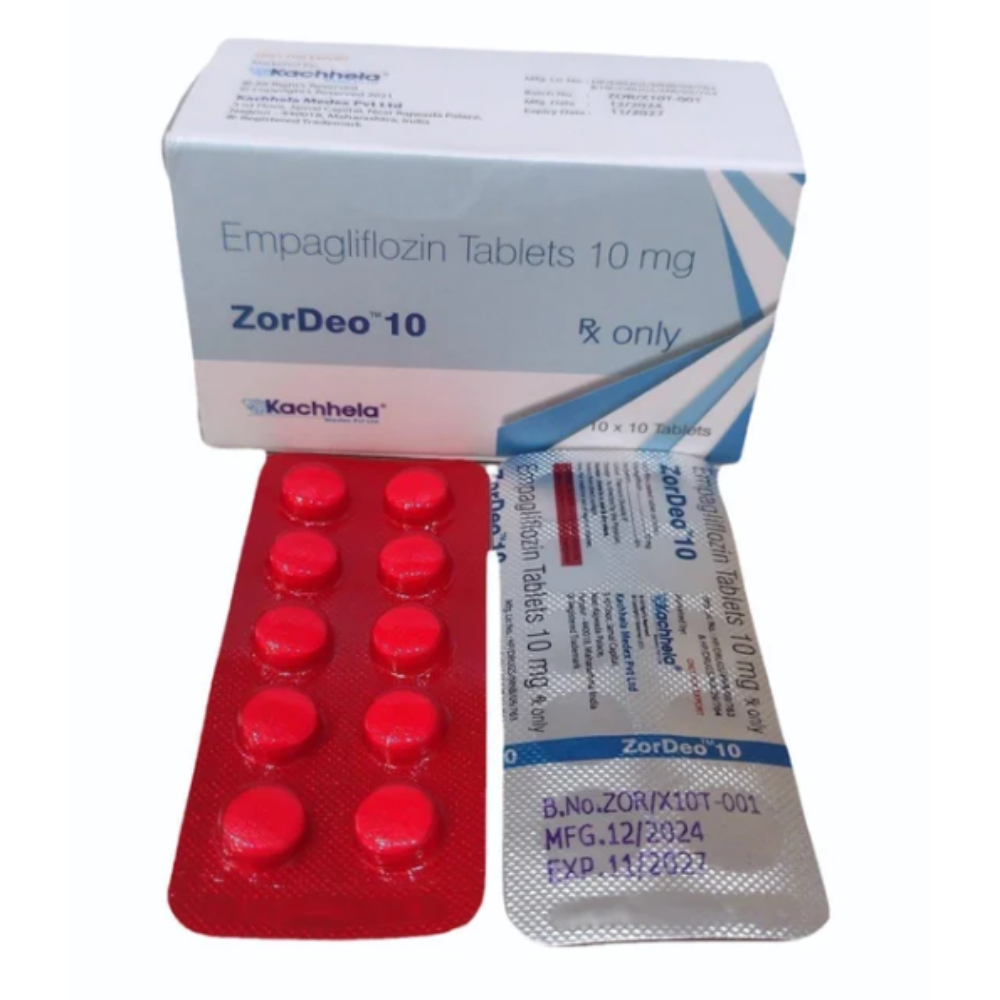Recognizing the Conveniences and Uses of Fenbendazole in Veterinary Medication
Fenbendazole has established itself as a key anthelmintic in vet medicine. Its ability to target numerous parasitical infections makes it a beneficial device for vets. The medicine's mechanism interferes with essential cellular processes in bloodsuckers, bring about reliable therapy outcomes. Its safety account varies between types, necessitating mindful consideration in its usage (fenbendazole). Understanding these characteristics can lose light on fenbendazole's wider ramifications in veterinary treatment and recurring research into its possible past standard applications
Mechanism of Activity of Fenbendazole

Common Parasitic Infections Dealt With With Fenbendazole
A variety of parasitical infections are efficiently treated with fenbendazole, making it a versatile alternative in vet medicine. This anthelmintic agent is particularly efficient versus nematodes, consisting of roundworms and hookworms, which commonly affect canines and cats. It is likewise made use of for the therapy of cestodes, such as tapeworms, providing a wide spectrum of action against both sorts of intestinal bloodsuckers. Furthermore, fenbendazole is valuable in handling infections triggered by protozoa, specifically Giardia, which can cause stomach distress in pets. Its efficacy extends to treating particular lungworms in pooches and felines, addressing breathing health and wellness issues linked to these parasites. Overall, fenbendazole's capability to target numerous parasitical species makes it a beneficial tool in vet practice, making sure the wellness and health of pets influenced by these usual infections.
Security and Efficacy in Different Pet Species
The safety and efficacy of fenbendazole vary amongst various pet types, highlighting the importance of species-specific considerations in vet medicine. In dogs, fenbendazole is normally well-tolerated and reliable versus a series of intestinal bloodsuckers, consisting of roundworms and hookworms. For felines, nevertheless, its use is less typical and may require cautious application due to potential negative responses.
In livestock, such as click now livestock and lamb, fenbendazole demonstrates effectiveness versus numerous endoparasites, adding to enhanced health and performance. The pharmacokinetics and possible side results can differ noticeably between species, demanding cautious examination by vets.
Equines additionally respond favorably to fenbendazole, specifically for dealing with strongyles and ascarids, though dosage and administration paths must be customized to their special physiology. Subsequently, comprehending these differences is crucial for optimizing treatment outcomes and ensuring pet well-being across diverse types.
Management and Dose Standards
Appropriate administration and dose guidelines are essential for maximizing the healing effects of fenbendazole while reducing potential negative effects. The dosage generally differs relying on the species being treated, the specific problem, and the formulation of fenbendazole used. fenbendazole 444. For pets and cats, a typical dosage is 50 mg/kg body weight, administered as soon as daily for three successive days, however vets may adjust this based on specific health and wellness This Site analyses
It is necessary to administer fenbendazole with food to improve absorption and decrease stomach distress. The medication is offered in numerous kinds, consisting of granules and paste, enabling versatile administration choices. Keeping track of the pet's feedback throughout and after therapy is a good idea to confirm efficiency and security. In addition, veterinary assistance is vital to identify the ideal period of treatment based on the sort of parasitical infection being addressed, guaranteeing ideal end results for the pet's health and wellness.
Future Point Of Views and Study on Fenbendazole
Study on fenbendazole proceeds to progress, concentrating on its prospective applications past typical antiparasitic usages. Recent researches have explored its efficiency in treating different forms of cancer cells, particularly in veterinary oncology. Preliminary information recommend that fenbendazole might hinder the development of tumor cells and boost the effects of various other chemotherapeutic agents.
Additionally, researchers are examining its role in taking care of intestinal problems in animals, highlighting its anti-inflammatory buildings. The adaptability of fenbendazole for different species questions concerning its security profiles and ideal application routines in diverse populations.
As interest grows, there is a need for extensive professional trials to establish evidence-based standards for these novel applications. Future research might additionally examine the systems behind fenbendazole's results, possibly leading the way for innovative restorative strategies in vet medication. The continuous exploration of fenbendazole might greatly improve treatment alternatives for various veterinary conditions.

Frequently Asked Concerns
Is Fenbendazole Safe for Pregnant Animals?
The safety of fenbendazole for expectant pets stays unclear. While some research studies suggest marginal risk, vets usually advise caution and typically advise against its use throughout pregnancy unless the benefits plainly surpass possible risks.
Can Fenbendazole Be Utilized in Livestock?
Fenbendazole is frequently made use of in animals to have a peek at this site treat various parasitical infections. fenbendazole. Its efficacy against gastrointestinal worms makes it an important anthelmintic, adding to improved wellness and performance in pets elevated for food and fiber
What Are the Adverse Effects of Fenbendazole?

The side impacts of fenbendazole may include intestinal disturbances, lethargy, and allergies. In rare instances, extra severe reactions could occur, demanding cautious monitoring and consultation with a vet during therapy.
Exactly How Does Fenbendazole Contrast to Various Other Dewormers?
Fenbendazole uses broad-spectrum effectiveness versus different bloodsuckers, often contrasting favorably to other dewormers. Its special mechanism targets various life phases, making it reliable, while usually providing a desirable security account compared to choices offered on the marketplace.
Can Fenbendazole Be Used for Dealing With Cancer Cells in Pets?
The possibility of fenbendazole in dealing with cancer in animals has gathered passion. Preliminary research studies recommend it may prevent cancer cell development, however even more research is necessary to validate its effectiveness and safety in veterinary oncology.